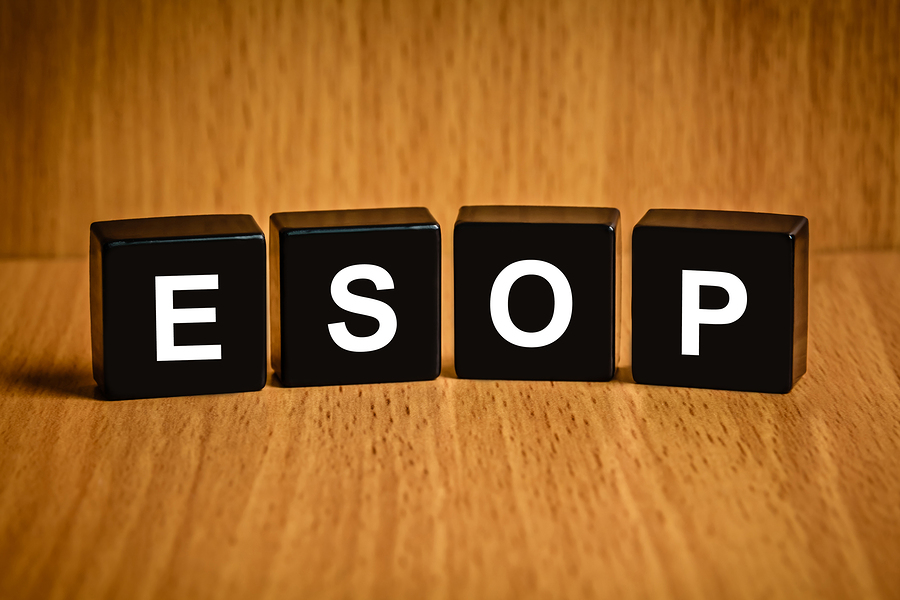
by Neal Isaacs, MBA, CBI, CM&AP | Exit Planning |
Buying and selling a business is a challenging and calculated process that is influenced greatly by market conditions. On one hand, business buyers must consider the historical performance of the business they intend to purchase and gauge that against financing options and other acquisition challenges to make a judgment call on how the business would perform post-acquisition. Business owners, on the other hand, must consider the money they are making now, and weigh that against a pay out and their need or desire to work less.

by Holly Magister, CPA | Exit Planning |
If you intend to grow and sell a valuable business, the Great Resignation that kicked off in mid 2021 means everything. Everything that is if you care about the value of your business.

by Holly Magister, CPA | Exit Planning |
Learn about the three phases in a business exit plan and why each is important for the business, its employees, the owner and his or her family. This post includes our most popular FAQs on this topic as well. Wondering about the Exit Planning designations for professional advisors? We’ve covered that in this post as well.

by Holly Magister, CPA | Exit Planning |
What should a business owner do to prepare to sell his or her business some time in the near future?
Aside from right-sizing the business’s overhead costs to line up with its current level of revenue, and looking for opportunities the pandemic may be presenting, there are four things a business owner can do now to prepare to sell. And more importantly, doing these four things will mean that when a Letter of Intent is received from a buyer, the business will be very well-prepared to survive the due diligence stage of the sale.

by Holly Magister, CPA | Exit Planning |
When thinking about ways to sell your business, you are likely familiar with the most common strategies proposed by business advisors: selling to a third-party such as a private equity firm or a competitor, or selling to your family. What your business transition advisor may not have discussed with you is instead selling your business to an Employee Stock Ownership Plan (an “ESOP”).

by Holly Magister, CPA | Exit Planning |
For the business owner who desires a great outcome, including the business owner’s family in the exit planning process, as well as the decision to sell, is vital.

by Jason Milleisen, SBA Workout Specialist | Exit Planning |
Learn about three very important facts you need to know as you prepare your SBA business for sale.

by Holly Magister, CPA | Exit Planning |
Our Featured Advisors, Attorney Mark Fazio and Business Broker Neal Isaacs, answer a few questions to help business owners learn how to prepare for due diligence when selling a business.

by Jason Milleisen, SBA Workout Specialist | Exit Planning |
For many businesses, the ultimate goal is to sell the business. Can you picture it? Walk away from the daily stress and aggravation with a fat pile of cash. Hop a plane to your favorite tropical destination and spend the rest of your days lounging a white sandy beach, sipping pina coladas out of a coconut, without a care in the world.
Well, friends, the above scenario is the ideal scenario. I like sipping cold drinks on a beach as much as the next guy, and I hope that happens for you. But if you clicked on this article, you may be looking at a much different scenario.
And that’s what this article is going to cover: the less-than-ideal scenario.

by Holly Magister, CPA | Exit Planning |
Jim Beach, author and serial entrepreneur, interviewed Exit Promise founder Holly Magister on his radio show School for Startups Radio. We want to share some of the insights from that interview here on the blog. This is the third post in this series, and Holly...

by Holly Magister, CPA | Exit Planning |
Jim Beach, author and serial entrepreneur, interviewed Exit Promise founder Holly Magister on his radio show School for Startups Radio. We want to share some of the insights from that interview here on the blog. First, read about how Holly recommends entrepreneurs can...

by Holly Magister, CPA | Exit Planning |
The method chosen to transfer ownership of a business for sale is one of the most important factors to consider as a business owner. And the reason for its importance is related to the wide differences in the amount of cash received (net of taxes) by the business owner across the various methods of transfer or sale. An ESOP or Employee Stock Ownership Plan is one method of ownership transfer or sale many business owners consider when they decide it’s time to retire. That said, let’s explore the ESOP as a potential method of transfer or sale from both the business owner’s and employees’ perspectives.

by Paul Cronin | Exit Planning |
My business partner, the author Jack Beauregard, and I recently had breakfast with Lorraine McGregor from Vancouver, BC Canada. Lorraine is the author of books on Exit Planning and Entrepreneurship, as well as an experienced business consultant. We were all discussing why so many business owners were delaying (the inevitable) transition planning from their businesses.
by Holly Magister, CPA | Exit Planning |
If a customer’s total revenue for the year represents 8% or more of all revenue for the same year, you have a customer concentration risk.

by Eric C. Pfeil, Attorney | Exit Planning |
Anyone who owns a family business is intimately familiar with the blood, sweat, and tears associated with building and then keeping the business viable. Nevertheless, it is not unusual for the business entrepreneur to postpone consideration of various issues involved in transferring the business to the next generation, including determining the value of the business.

by The Exit Promise Contributors | Exit Planning |
For every entrepreneur, a smooth transition of business ownership will be of importance at some future point. The Buy Sell Agreement deals with a specific exit strategy case. An agreement by and between business owners, it establishes a mechanism for the purchase of ownership interests following the departure of an owner due to a triggering event (i.e., death, divorce, disability, retirement, etc.).
























